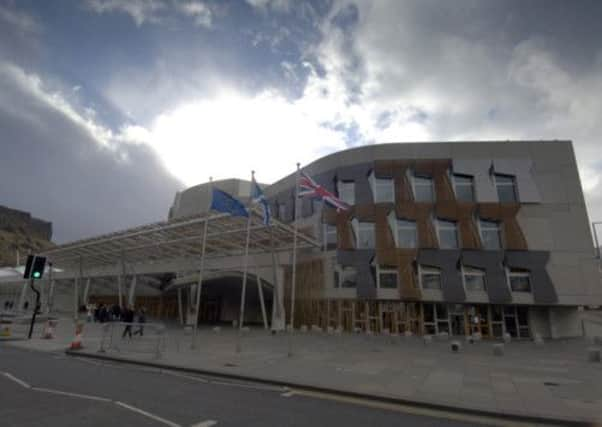Video testimony miscarriage of justice warning


Justice Scotland, a human rights group, fears accused people will struggle to follow criminal proceedings if they are not in the courtroom.
And they cite European Committee for the Prevention of Torture (CPT) concerns that it will breach the ECHR article five right to liberty.
Advertisement
Hide AdAdvertisement
Hide AdGiving evidence via videolink has already been piloted in courts, and the Scottish Government has consulted on widening its use.
Audit Scotland estimates the inefficient and outdated justice system currently wastes £55 million a year, so a model that does not require remand prisoners to be transported to court and back is attractive to ministers.
In their submission to the consultation process, Justice Scotland said: “We are very concerned at the prospect of accused persons having to plead guilty by television link. We acknowledge that links reduce the risks of delay in persons being transported from prison to court and the pressure placed on cells in courts.
“However, this push for expediency should not be to the detriment of an accused receiving a fair hearing.
“There are inherent risks in live-link proceedings that ill-treatment, misconduct by public officials or other issues such as self-harm, illness, fitness to plead, etc will not be noted by the court or lawyer.”
John Scott QC, vice-chairman of the group’s Scottish executive committee, said his concern was more about an accused person being able to follow the proceedings.
“It’s making sure the accused understands what is going on, that everything is properly explained to them, and they have every opportunity to express any doubts, concerns or questions,” he said.
“If you’re just at the end of a TV line, it may not be clear what is going on.”
Advertisement
Hide AdAdvertisement
Hide AdEven though there is nothing to suggest it would be abused, Mr Scott warned it would “open up the possibility”.
The submission also quotes CPT, which said: “The physical presence of the detainee should be seen as an obligation, not as an option open to the judicial authority.”
The government said Justice Scotland had responded too late to have its comments considered as part of the consultation.
A Scottish Government spokeswoman said: “Responses to the consultation are now being independently analysed and will be published in due course.”
A Scottish Court Service spokesman added: “We see real potential in the application of video technology in courts.
“The judicial principles on access to justice say clearly there is a value to be gained.”